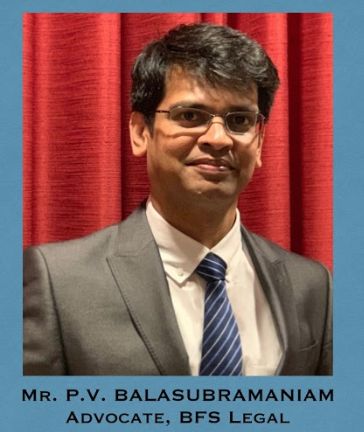Modern international law is the outcome of the Judea- Christian Tradition of the European nations. The Non-Western perspective has challenged it for quite a long time by various streams such as Third world approach to international law, Asian approach to international law, Non-western approach to international law etc. The arguments of these approaches counter the western strategy by saying that the beginning of international law is not from the Treaty of Westphalia, but much earlier. It was not only practised in Europe but also practised in various geographical areas of the world for an extended period. One such practice this article highlights is from the Sangam period of the ancient Tamil land. The Sangam period is according to the recent excavations in Keeladi dates back to 600 BCE. It was the period that the formation of state happened in south India. We can see many poems which give the rules of war in the ancient Tamil land. Sangam literature and classic Tamil text Thirukural, which dates back to 2000 years, has the sources of early Tamil international law. In Asia, states existed from ancient times with sovereignty. There were wars frequently among countries. Diplomacy was used in many instances to avoid conflict. In the Oriental philosophy, the king was the absolute sovereign but the least he acts without the advice of the council of ministers or intellectuals. The advisors were mostly the intellectuals and also a poet. One such incident before 2000 years was by a woman who avoided a war between two states by the means of diplomacy. King of Kancheepuram, Thondaiman, declared war against the King of Thagadur, Adhiyaman. Adhiyaman sent his friend and advisor, Avvaiyar, a woman poet as a diplomat to avoid the conflict. She helped in preventing the conflict through her negotiating and artistic skills. This is clear evidence of diplomacy in ancient times. In the post-Sangam period, this has evolved into full-fledged international rule on diplomacy. Thiruvalluvar, in his Thirukural, had written poems about diplomacy. While speaking about the qualities of a diplomat, he says that they should be scholarly among scholars, have extraordinary communication skills with loving nature, appealing personality, pleasing manner, benevolent heart, humorous in the talk, courageous by nature, etc. According to him, a top-level diplomat is a person who understands very well the responsibilities of his duties, wait for the right time to speak and determine the correct place to perform his diplomatic mission by using measured and well-tempered words. A diplomat faces threats often in the enemy country. He further says that even when there is a threat to his life, an ideal ambassador will serve his country without any fear. This was not only noted in the literature, but practiced during that age. To this end, this webinar will discuss the manifold contributions of the Tamil world to the development of diplomatic tools in international peace and security.
Read More













